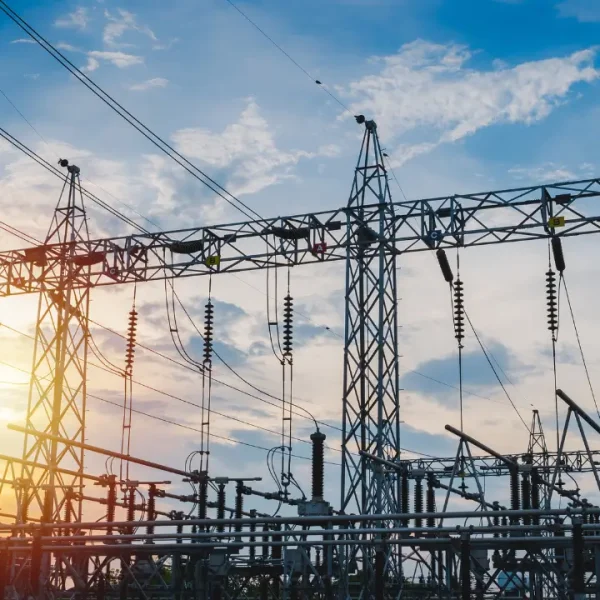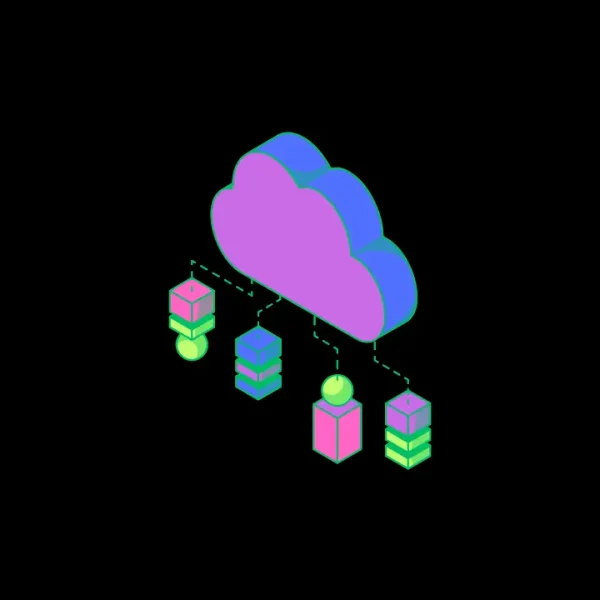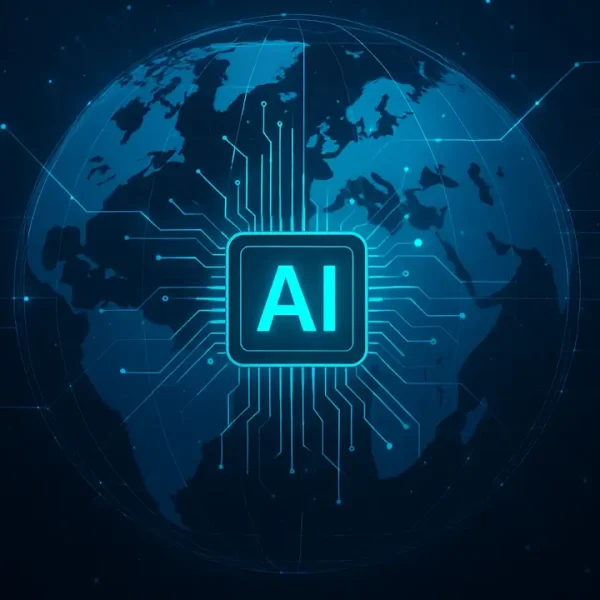Edge computing is transforming how we process data by reducing latency and improving performance through distributed computing architectures that bring processing capabilities closer to end users.
Reduced Latency
By processing data at the edge of the network, applications can respond to user requests in milliseconds rather than seconds, enabling real-time experiences that were previously impossible.
Bandwidth Optimization
Edge computing reduces the amount of data that needs to be transmitted to centralized cloud services, optimizing bandwidth usage and reducing costs for data-intensive applications.
Enhanced Security
Processing sensitive data locally at edge locations reduces exposure to security threats during data transmission and provides better compliance with data sovereignty requirements.
IoT Integration
Edge computing platforms are essential for supporting the billions of IoT devices that require real-time processing and immediate response capabilities.
The edge computing revolution is enabling new classes of applications while improving the performance and efficiency of existing systems.











